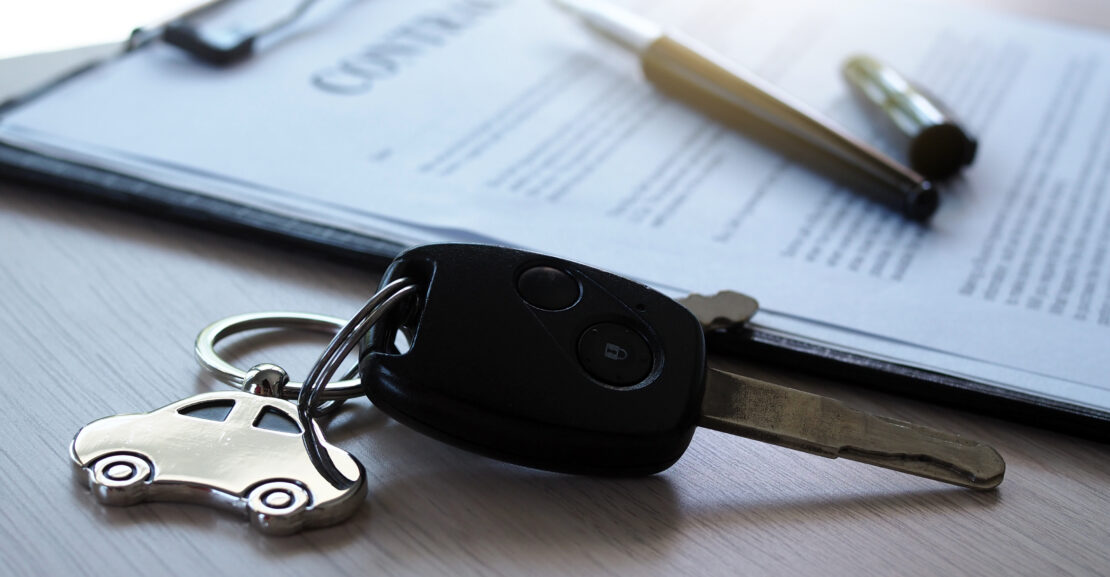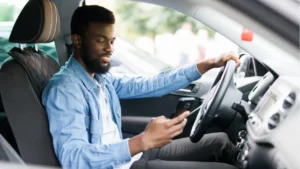What documents to take to France for driving? Traveling to France by car or planning to drive once you arrive requires more than just knowing how to operate a vehicle. French road laws are strict, and not having the correct documents can lead to fines, delays, or worse.
Whether you’re taking your car from another country or renting one locally, it’s essential to have the right paperwork on hand. The rules vary slightly depending on your country of origin, but some requirements are universal for all drivers.
Ensuring you carry the correct documentation doesn’t just keep you legal—it enhances your safety and preparedness. French authorities conduct regular roadside checks, especially on major routes and during holiday seasons.
Understanding and preparing for these requirements in advance can save time and unnecessary trouble, giving you more freedom to enjoy France’s scenic roads and vibrant cities.
What Documents to Take to France for Driving?
To legally drive in France, you must hold a valid driving license. For EU and EEA citizens, your home country’s license is sufficient without any additional permits.
However, if you are visiting from a country outside the EU/EEA, such as the United States, Canada, or Australia, you must carry an International Driving Permit (IDP) in addition to your domestic license. The IDP acts as an official translation of your license and is recognized by French authorities.
If you’re planning an extended stay or residency in France, you may be required to exchange your license for a French one, depending on bilateral agreements between France and your home country. Make sure your license is up to date and covers the class of vehicle you intend to drive.
Whether you bring your own car or rent one in France, carrying your vehicle registration documents is mandatory. If you’re driving your personal car from another country, ensure it is properly registered and displays the correct number plate. A rental car will usually have its documents included, but always double-check with the rental agency.
Equally important is your vehicle insurance. French law requires at least third-party liability insurance for all vehicles on the road.
Proof of this insurance must be readily available, typically in the form of an insurance certificate (attestation d’assurance) or a green card for international travelers. Without it, you could face heavy penalties and be refused entry onto certain roadways.
Other Documents to Take to France for Driving
In addition to your driving-specific documents, you must also carry valid personal identification, such as a passport or national ID card. This document must be current and valid for the duration of your stay.
You’ll also need to present your visa or entry stamp if you’re from a non-Schengen country.
If you’re stopped for a traffic check, French police may ask for both your identity and entry documents along with your driving and vehicle paperwork.
Keeping everything organized and within easy reach—such as in a dedicated travel folder—can make the process smooth and stress-free.
France enforces strict safety regulations for drivers, especially regarding what must be physically carried in the car. The following items are compulsory and should always be stored in your vehicle:
-
Reflective warning triangle
-
High-visibility safety vest (one for each occupant is recommended)
-
Breathalyzer kit (officially recommended, though fines are currently suspended)
-
Spare bulbs for external lights
-
A first aid kit (highly recommended though not legally required)
Rental cars often come equipped with these items, but if you’re driving your own vehicle into France, you must ensure these are onboard. Failure to comply may result in fines or a prohibition from continuing your journey.
Rules for Driving with Children or Pets in France
If you’re driving with young passengers, specific child seat regulations apply based on the child’s age, weight, and height. Children under 10 years old must sit in an appropriate child seat and cannot ride in the front seat unless there is no rear seat or it’s already occupied by other children.
For pet owners, France allows domestic pets to travel in vehicles, but they must be secured with a seatbelt harness, pet carrier, or grille separating them from the driver.
Additionally, ensure your pet has an EU pet passport and is microchipped, particularly if you’re entering France from abroad.
READ ALSO:
- How Much Does it Cost to Get a Driving License in France?
- Is it Hard to Pass a Driving Test in France?
- Can I Drive in Nigeria with a US License?
- Why Do You Need an International Driving Permit?
- How Long Does it Take to Get a Driving License in France?
Emergency and Roadside Assistance Contacts
Being prepared for breakdowns or emergencies is just as important as having the right paperwork. Many insurance policies offer roadside assistance, but it’s crucial to have relevant contact numbers at hand.
You should also familiarize yourself with the European emergency number—112—which is operational in France and connects you to all emergency services.
The following table highlights key document and equipment requirements depending on your situation:
| Requirement | EU/EEA Driver | Non-EU Driver | Rental Car Drivers |
|---|---|---|---|
| Valid Driving Licence | Yes | Yes + IDP | Yes (check coverage) |
| Vehicle Registration Document | Yes | Yes | Provided by rental |
| Insurance Certificate | Yes | Yes (Green Card) | Included with rental |
| Passport or ID Card | Yes | Yes | Yes |
| High-Visibility Vest | Yes | Yes | Usually included |
| Warning Triangle | Yes | Yes | Usually included |
| Breathalyzer Kit | Recommended | Recommended | Sometimes included |
| Child Safety Seats (if needed) | Yes | Yes | Must request |
Traffic Laws and Driving Etiquette to Observe While Driving in France
Understanding France’s road culture and laws enhances both your safety and experience. France drives on the right-hand side of the road, and speed limits vary by road type and weather conditions.
Urban areas typically have a 50 km/h limit, while motorways allow up to 130 km/h under dry conditions. In wet weather, speed limits are automatically reduced.
Priority to the right (priorité à droite) is a unique rule in some rural and suburban intersections, where vehicles entering from the right may have priority regardless of signage. Foreign drivers should be particularly aware of this to avoid accidents or misunderstandings.
France has an extensive toll road system (autoroutes), and you’ll need either cash, a credit card, or an electronic toll tag to use them. Always check if your route includes tolls and prepare accordingly.
Some city centers have Low Emission Zones (Zones à Faibles Émissions), which require specific stickers (Crit’Air) for vehicle access. Failing to display the proper sticker can lead to fines.
Driving in France is a fantastic way to explore its beautiful landscapes and historic towns at your own pace. But to do it safely and legally, you must come prepared with the proper documentation and safety equipment. Make sure everything is up to date, stored in an easily accessible place, and compliant with French laws.
A smooth driving experience in France begins with proper planning. When your documents are in order and your vehicle is road-ready, you’re free to enjoy the charm of the French countryside, the thrill of mountain roads, and the elegance of Parisian boulevards—all with peace of mind.




